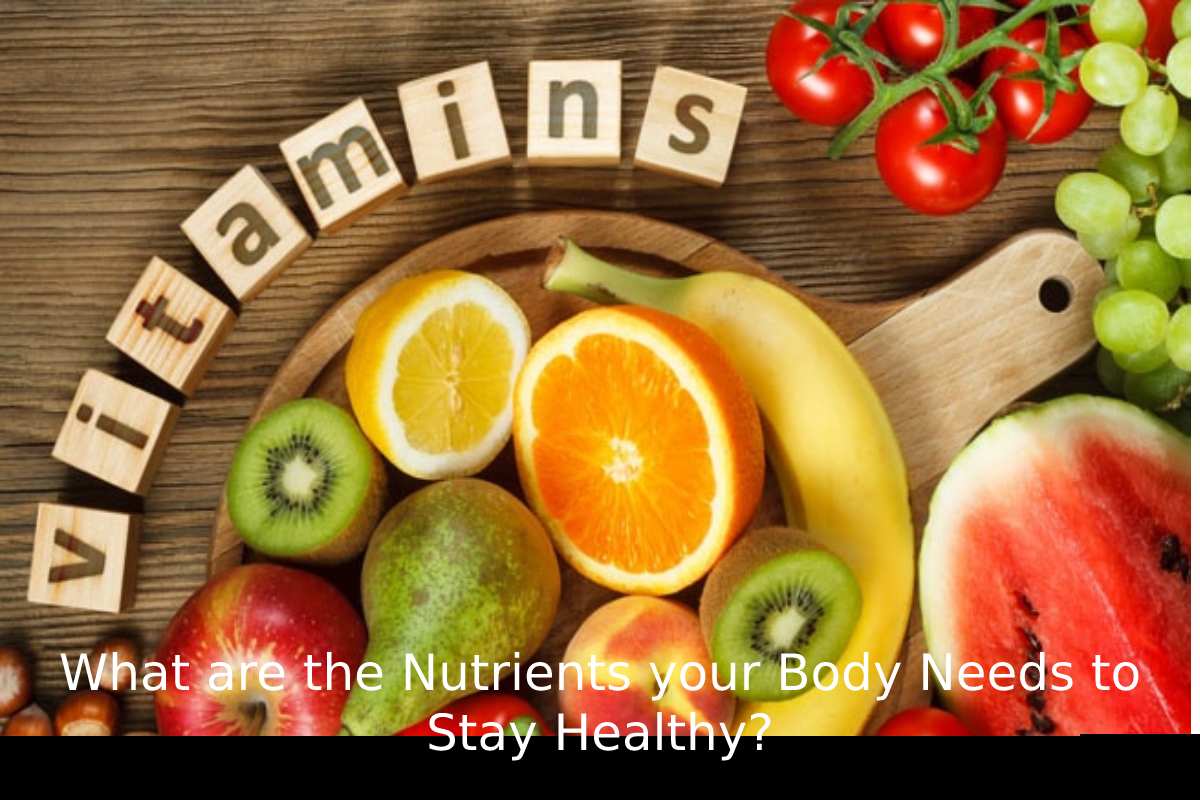Table of Contents
Nutrients your Body Needs
The first step to a healthy diet is knowing and combining the food groups to meet the body’s energy needs. We know good nutrition is essential to health, but do we see how the body gets its nutrients? What does our body use nutrients for? Or which of them are priorities?
These are the essential nutrients for the proper functioning of the body and what foods you can find them in.
1. Proteins
They are responsible for supporting cells in their daily work of regulating tissue function. They also help form new cells, repair old ones, make hormones and enzymes, and keep the immune system functioning correctly—altogether essential tasks for cancer prevention.
Where can you get the protein? They must be present in all your meals through eggs, meat, red or white, fish and shellfish; vegetable proteins also come from grains and nuts.
2. Carbohydrates
They are the body’s fuel, providing the energy that fuels the cells, brain and blood to function correctly. Without carbohydrates, the body feels feeble, without strength.
You can get them from bread, pasta, rice, berries and vegetables. Since carbs break down into glucose, choose the healthiest ones and skip those with refined sugars.
3. The Water
It supports nutrient transport, blood circulation, digestion, elimination of toxins, and regulating body temperature, which is vital for staying healthy. Without it, most of the body’s processes would break down. Eight glasses of water a day keep diseases away.
4. Fats
The great misconception of the food chain is that fats are necessary for the production of cells and hormones and help vitamins move throughout the body.
Its bad reputation comes from its excessive fat concentration, as the body turns excess calories into fat. However, a healthy fat content helps absorb vitamins A, D, E, and K, which are fat-soluble.
Just be sure to consume the “good,” or monounsaturated fats found in nuts, avocados, and fish like salmon or mackerel, rather than overloading your cholesterol or triglyceride levels with fried and processed foods.
5. Vitamins and Minerals
What are the essential nutrients? Vitamins are necessary for the body’s metabolism, thanks to which they are involved in various processes, e.g. B. on those that allow good vision, strong bones and hair growth. Who are the nutrition kings?
In turn, minerals help regulate the proper functioning of tissues and systems. Potassium, for example, supports muscle function, while calcium nourishes bones and teeth.
6. Fiber
Fibre is usually forgotten in the diet, but you can make the most of it because it optimizes your entire digestive system thanks to its natural properties that regulate intestinal transit.
On the other hand, it is an influential element in preventing cardiovascular diseases such as hypertension, heart attack, stroke, congestive heart failure, rheumatic heart disease, congenital heart disease, cardiomyopathy, etc.

